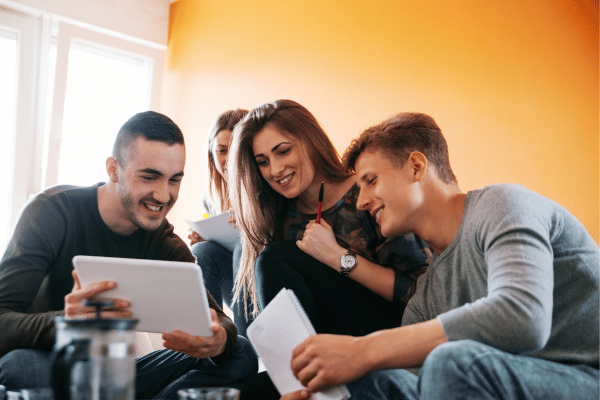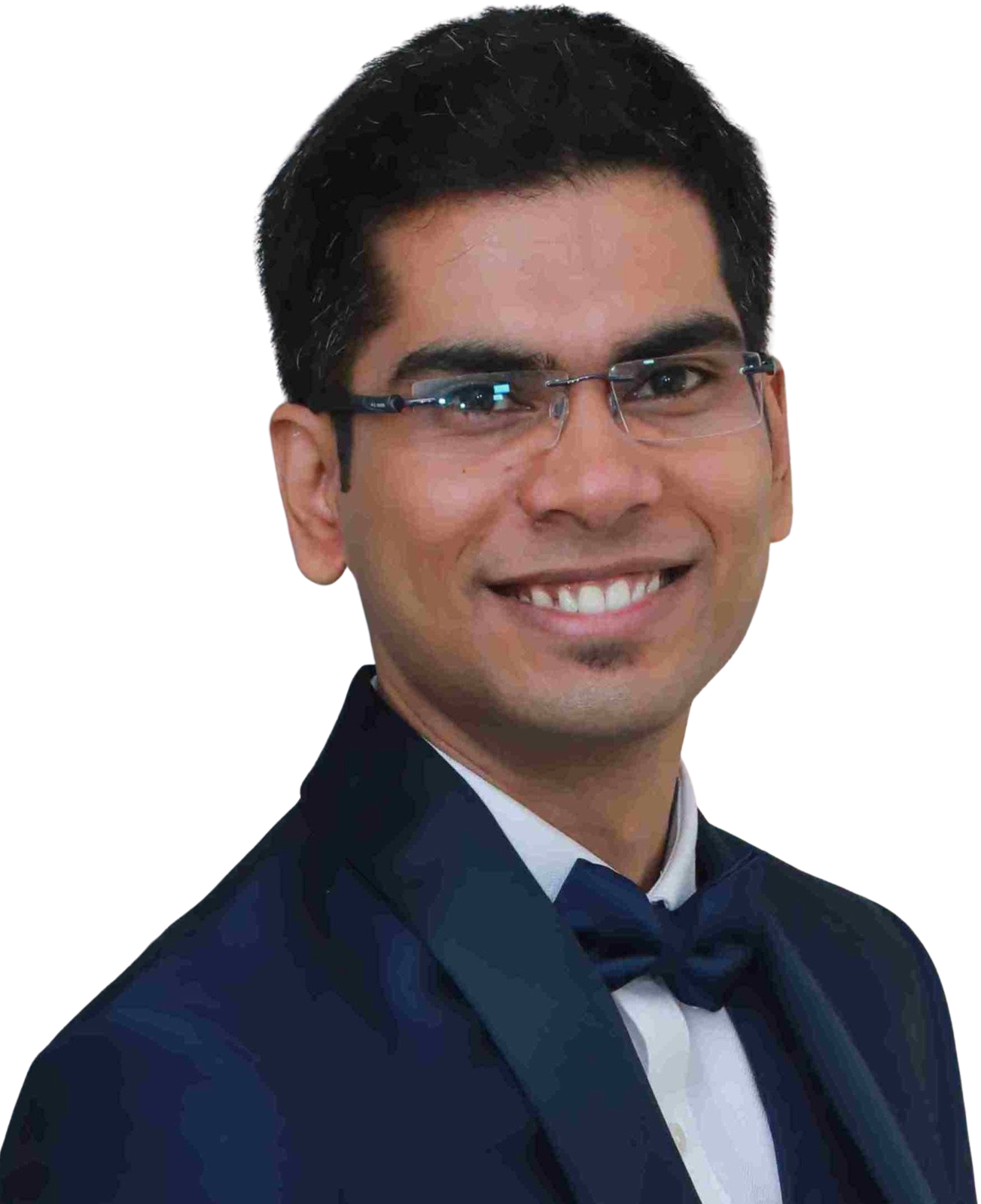There are no items in your cart
Add More
Add More
| Item Details | Price | ||
|---|---|---|---|

Experiential learning is a powerful tool for training working professionals, allowing them to bridge the gap between theory and practice.
Here's how to elevate your game as an experiential learning facilitator.
Firstly, deepen your understanding of adult learning principles. Working professionals are not blank slates; they bring a wealth of experience and are often self-directed. Recognize that they learn best when content is relevant to their roles, when they can immediately apply new knowledge, and when they have autonomy in the learning process. Facilitate self-discovery rather than simply delivering information.
Secondly, master the art of powerful debriefing. The "experience" itself is only half the battle; the "reflection" is where true learning solidifies.
Thirdly, continuously refine your activity design and adaptation skills. While established experiential activities are valuable, the most impactful facilitators can tailor them to specific professional contexts.
Finally, embrace ongoing personal development. Attend workshops on facilitation skills, read widely on adult education and psychology, and seek feedback from participants and co-facilitators. Consider recording your debriefs (with permission) and reviewing them to identify areas for improvement in your questioning, pacing, and overall presence. A true experiential learning facilitator is also a lifelong learner, constantly seeking new ways to create transformative and impactful learning journeys for working professionals. 🤗
By focusing on these practical points, you can significantly enhance your effectiveness and truly empower professionals to grow.
SkillUVA is committed to your professional development and wants you to be better in your journey as a training professional; therefore offers you these amazing games and activities toolkits. Explore marvelous experiential learning for your learners. 🤩

Dr. Ashish Parnani
Founder & Director - SkillUVA